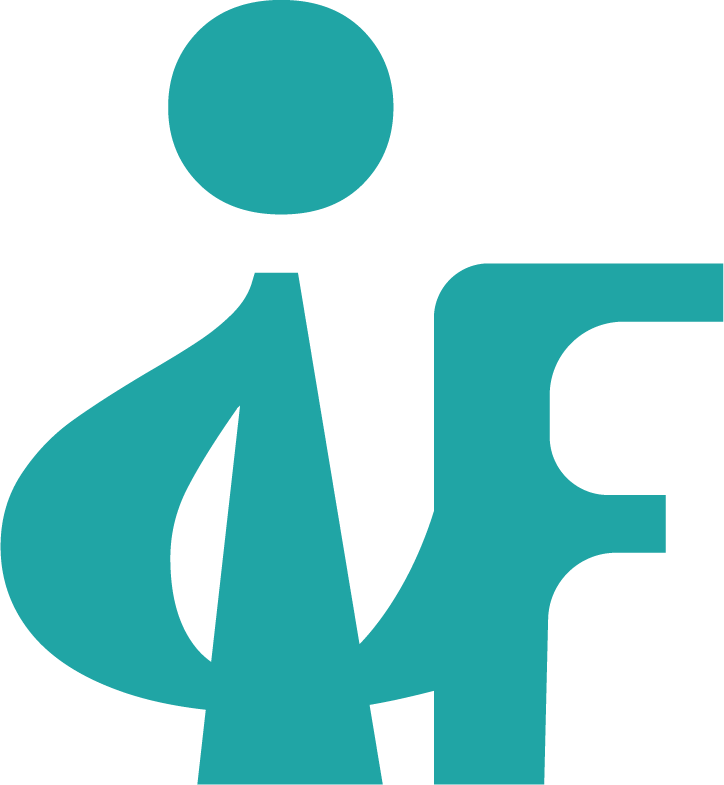About Us
Driven by purpose and compassion, Impact and Dialogue Foundation has spent the last two decades fighting against human trafficking and supporting survivors. Founded by Pallabi Ghosh, the organization works at the grassroots level to empower communities, strengthen legal systems, and restore dignity to affected individuals.

The Beginning
About 20 years ago, our founder and director, Pallabi Ghosh, visited a remote village in West Bengal where she first encountered the tragedy of human trafficking. A father searching helplessly for his daughter left a lasting impression on her heart. From that moment, Pallabi dedicated herself to combating human trafficking. Her journey began with a single rescue in Uttar Pradesh, driven by courage, compassion, and unwavering determination.

The Journey
Since that first rescue, Pallabi has tirelessly worked to free women and children from the grip of trafficking. Despite hurdles, she continued her mission with the Impact and Dialogue Foundation. From relief work during the pandemic to community awareness programs, she has built a sustainable model of change. Her approach goes beyond rescue and rehabilitation to focus on prevention, empowerment, and education for vulnerable communities.
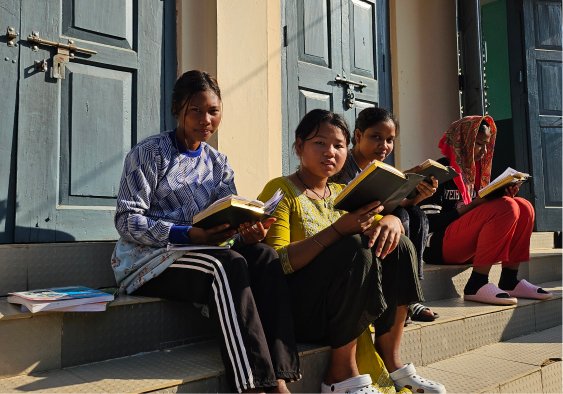
The Mission Today
Today, the organisation works hand-in-hand with communities to tackle trafficking at its root. From economic empowerment initiatives to the creation of Anti-Human Trafficking Clubs and Village Response Committees, Pallabi and her team ensure holistic solutions. Survivors are given safe spaces to heal, rebuild their lives, and reclaim their agency. The passion ignited two decades ago continues to guide every step of this journey, making the fight against trafficking stronger each day.
Our Advisers
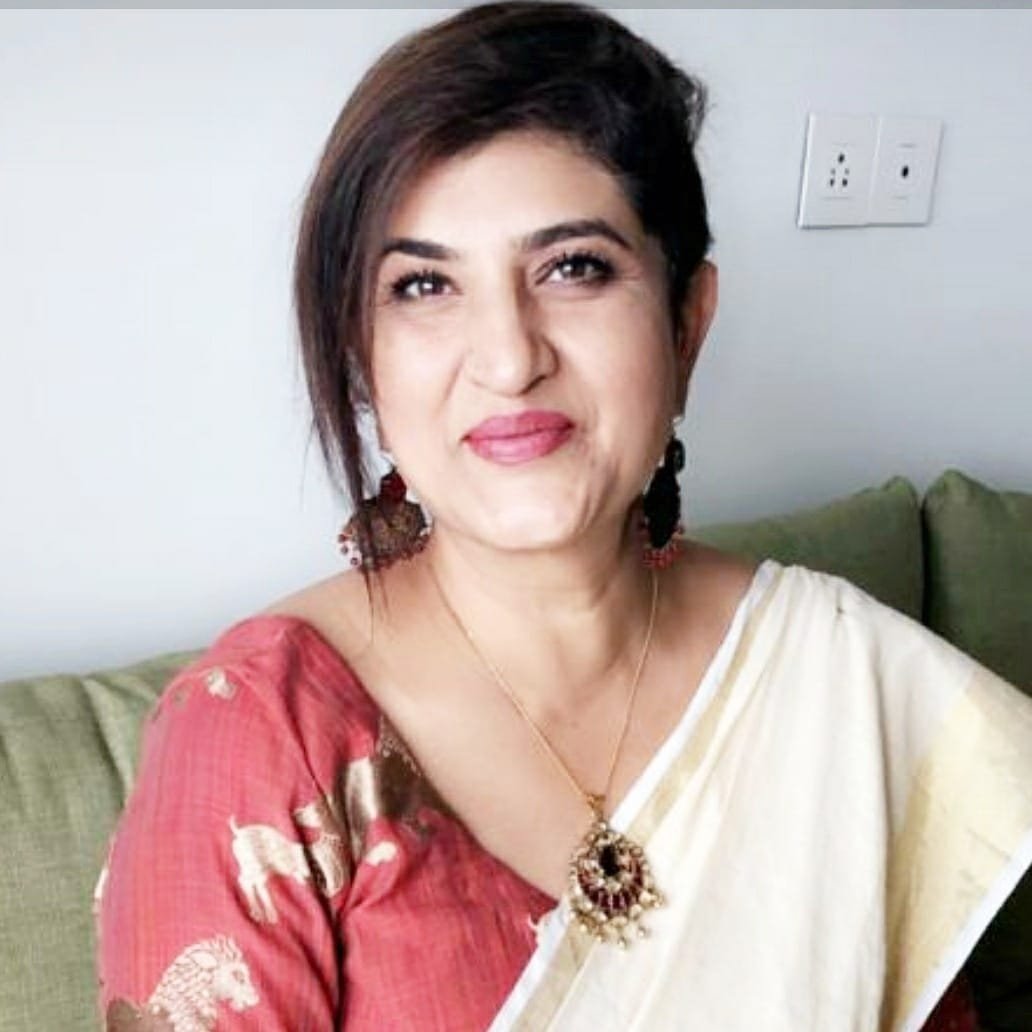
Adviser
Chitra Subrmaniam
Chitra is passionate about social change and has been helping IDF from the beginning.
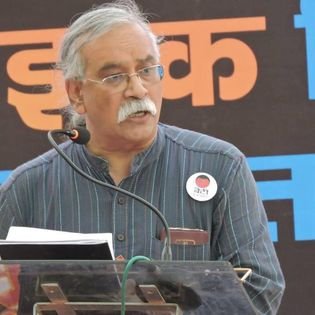
Adviser
Induprakash Singh
Induprakash is passionate about social change and has been helping IDF from the beginning.
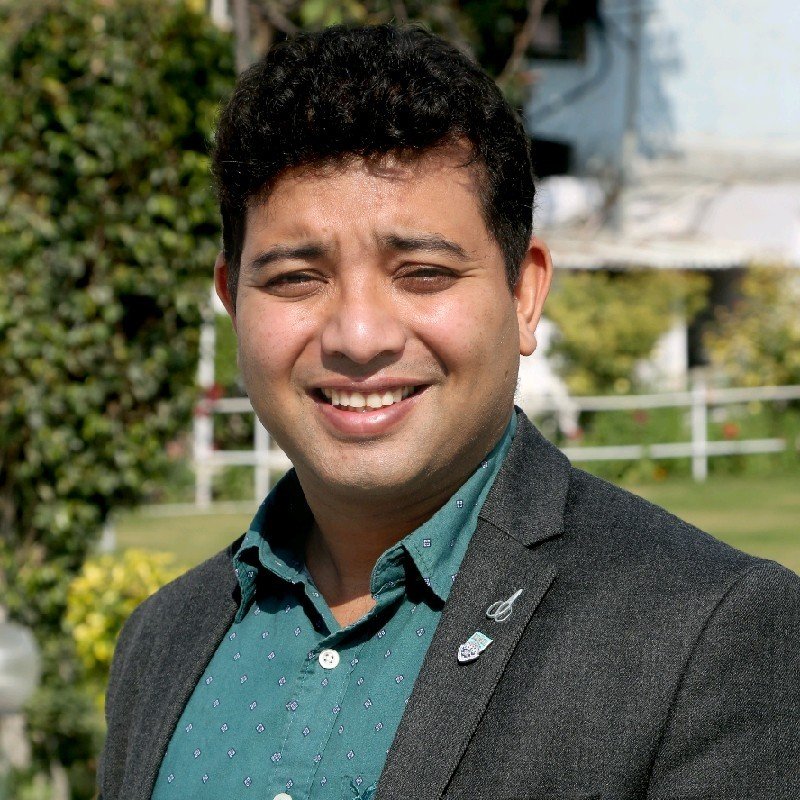
Adviser
Dr Sutirtha Sahariah
Dr Sahariah is an independent researcher with over a decade of experience in forming policies and programmes.
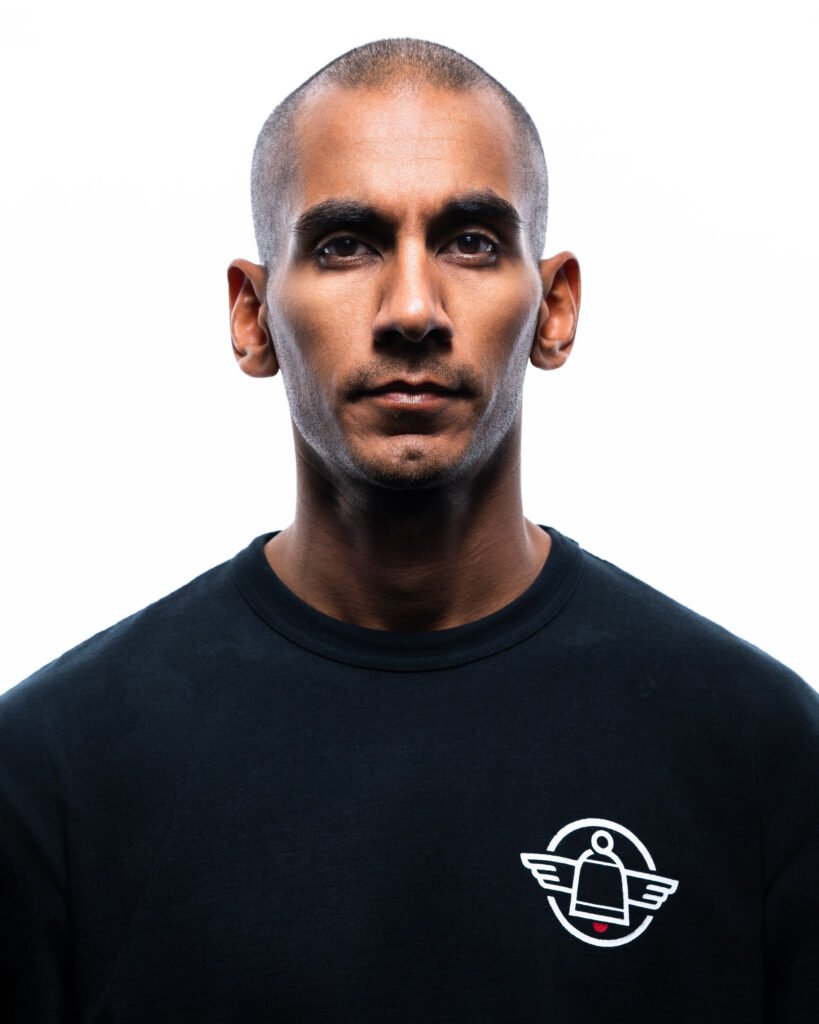
Adviser
Karia Samaroo
Karia is an entrepreneur and former lawyerpassionate about fighting human trafficking and modern slavery.
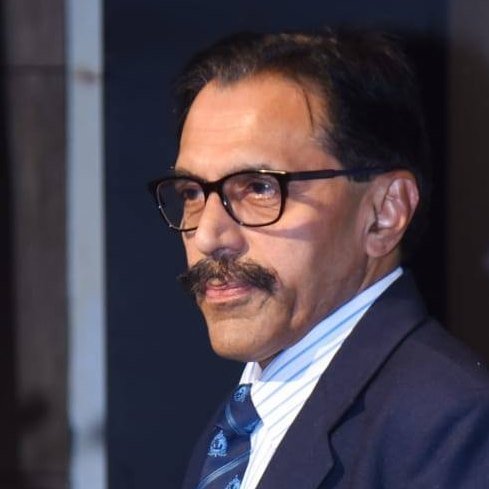
Adviser
Dr PM Nair
Dr Nair is considered the father of the anti-trafficking efforts in the Indian subcontinent.
Our Trustees
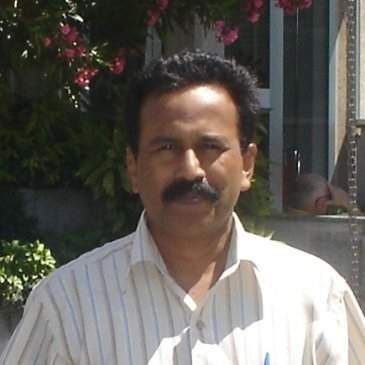
Trustee
Pulok Mazumder
Leather industry veteran with expertise in business setup and operations. Associated with HBTU Kanpur, ILTA, and non-profits. Alumni of University of Calcutta, ISB, and IIM Lucknow.
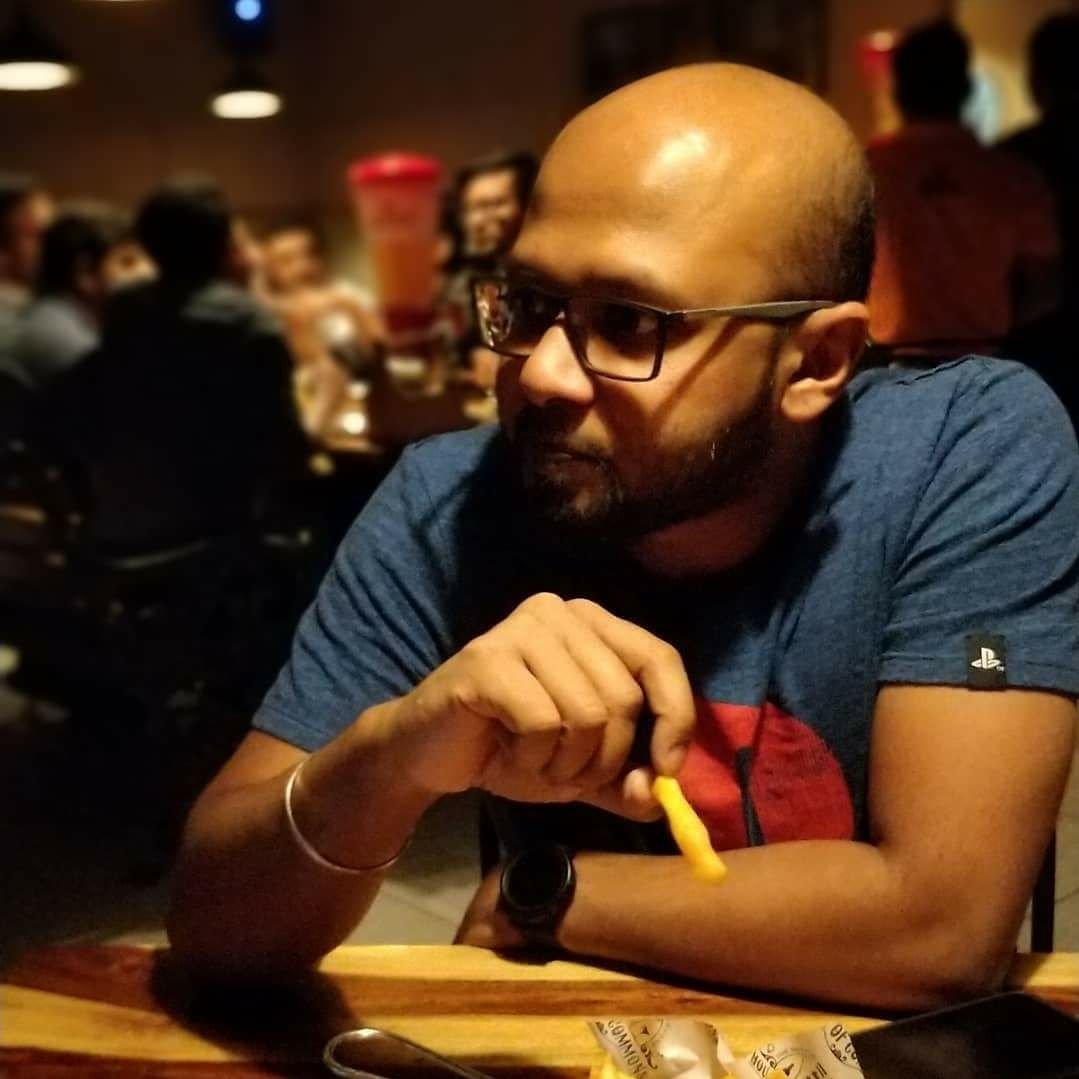
Trustee
Aniket Basu
Leather industry veteran with expertise in business setup and operations. Associated with HBTU Kanpur, ILTA, and non-profits. Alumni of University of Calcutta, ISB, and IIM Lucknow.
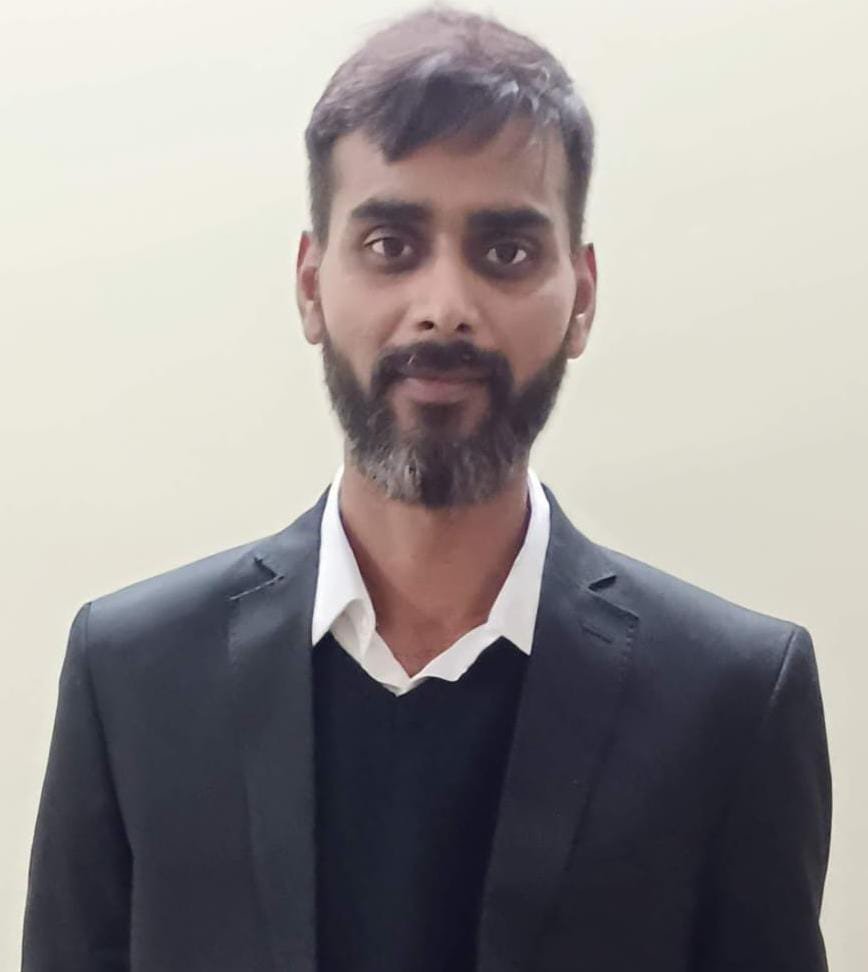
Trustee
Prabhuranjan Priyadarshi
Leather industry veteran with expertise in business setup and operations. Associated with HBTU Kanpur, ILTA, and non-profits. Alumni of University of Calcutta, ISB, and IIM Lucknow.
Our Team
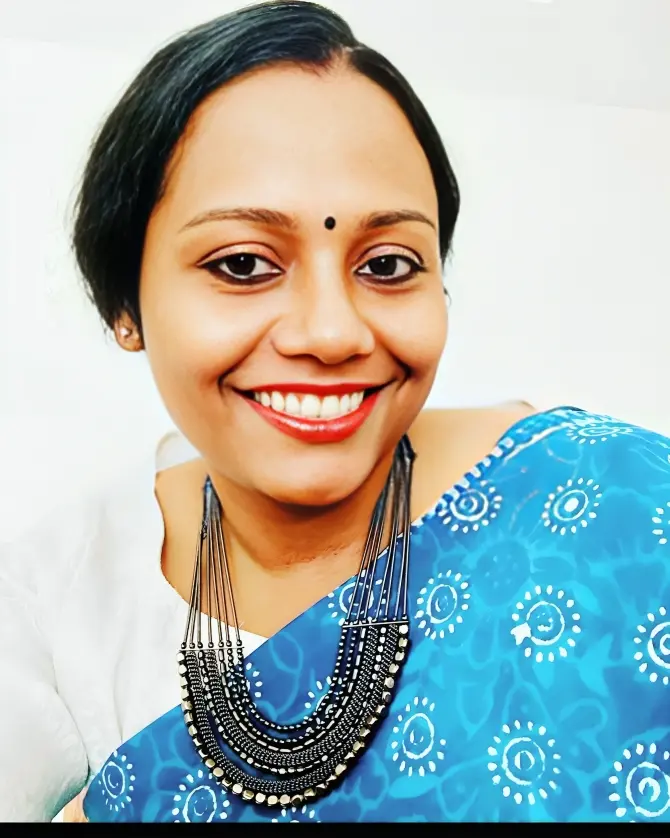
Director
Pallabi Ghosh
About 20 years ago, our founder Pallabi Ghosh visited a village in West Bengal and witnessed a father desperately searching for his missing daughter — a stark reality of human trafficking.
This moment inspired her to start the Impact and Dialogue Foundation (IDF), dedicated to combating trafficking and empowering vulnerable communities, especially women, through systemic change and dialogue.

Consultant
Anukriti Roy
Being passionate about the development sector and driven by the purpose of creating an impact, Anukriti has garnered experience in driving result-oriented changes in organisations across the industry. She finds interest in navigating complex social problems through strategic interventions and creating sustainable models of change.
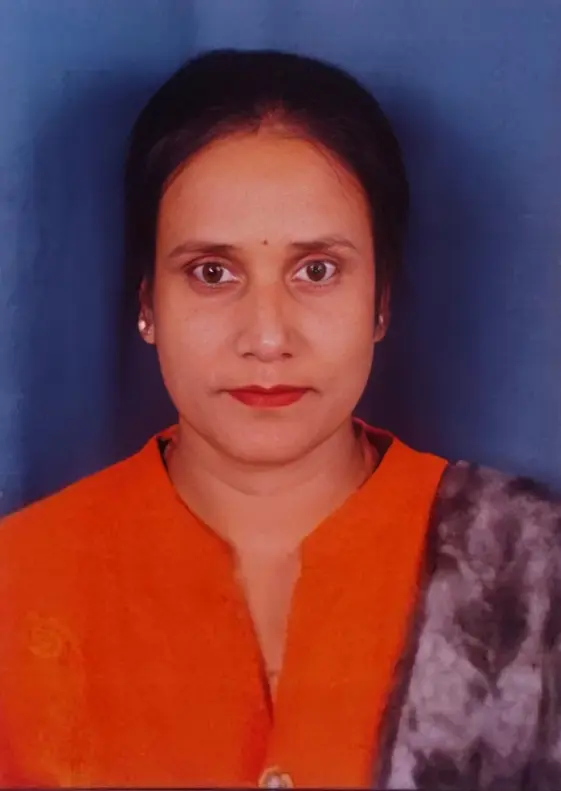
Community Mobilizer
Rupa Paul
Rupa Paul serves as a community mobilizer focused on prevention and resilience-building in high-risk areas. She plays a key role in connecting local communities with resources, support networks, and training opportunities. Her consistent fieldwork and commitment to survivor-led change have made her a trusted advocate for women and girls seeking safety and empowerment.
Support Us
100,000 and counting
Chitra is passionate about social change and has been helping IDF from the beginning.
